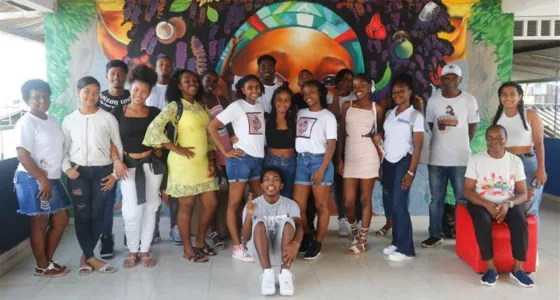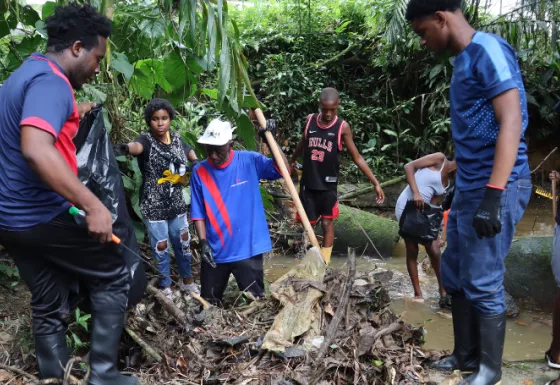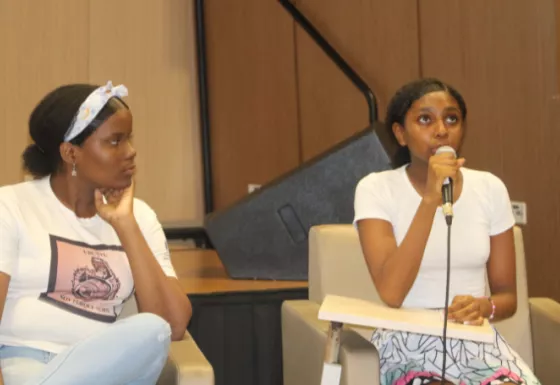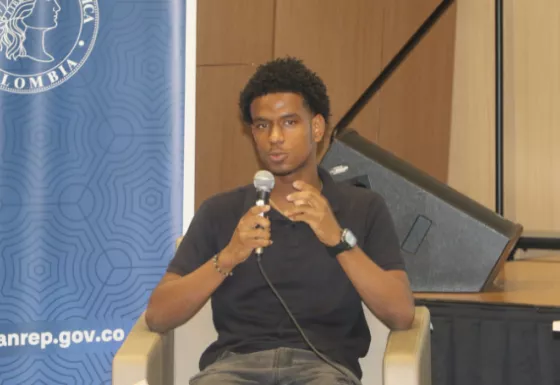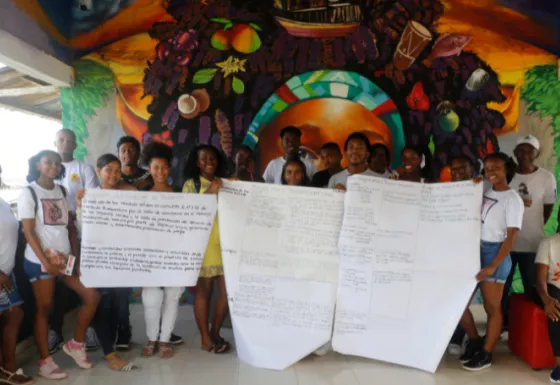More than 520 million children live in the shadow of conflict, a staggering number that rarely breaks through the noise of the daily headlines. But behind the numbers, something remarkable is happening. From Uganda and the Democratic Republic of Congo to Ukraine and Colombia, in forgotten corners of the world, a quiet revolution is taking hold. Through VoiceMore, War Child is helping children and young people who’ve survived war find the tools, confidence and platform to shape their communities and speak out for change.
When it launched in 2016, VoiceMore began with a simple idea: that children and young people who have lived through the worst of humanity should be able to influence what comes next.
In Buenaventura, Colombia, a local community had been struggling with the consequences of poor solid waste management, a problem made worse by instability and service breakdowns caused by conflict. Waste collection had become unreliable, and unmanaged rubbish was beginning to threaten people’s health. For the young people in VoiceMore, the issue felt urgent. “We chose to work on this topic because there are many related issues, the most common being the current levels of dirt and pollution, which was producing significant harm to the entire community. People were throwing their garbage into the stream and water and sewage systems were clogged. Children used to play there but now they can’t,” the group explained.

